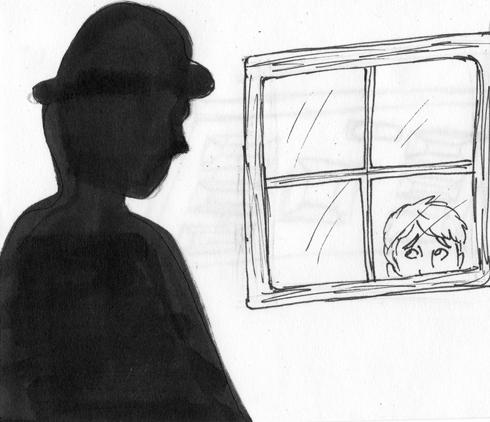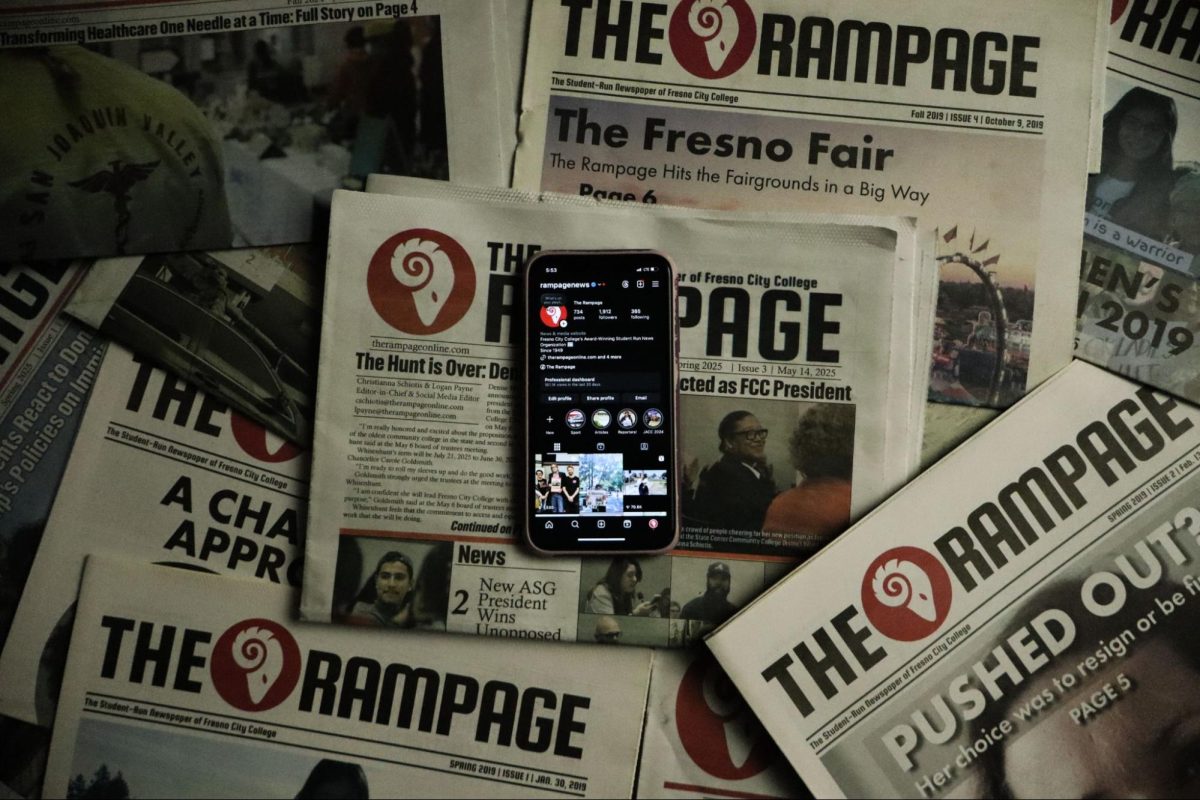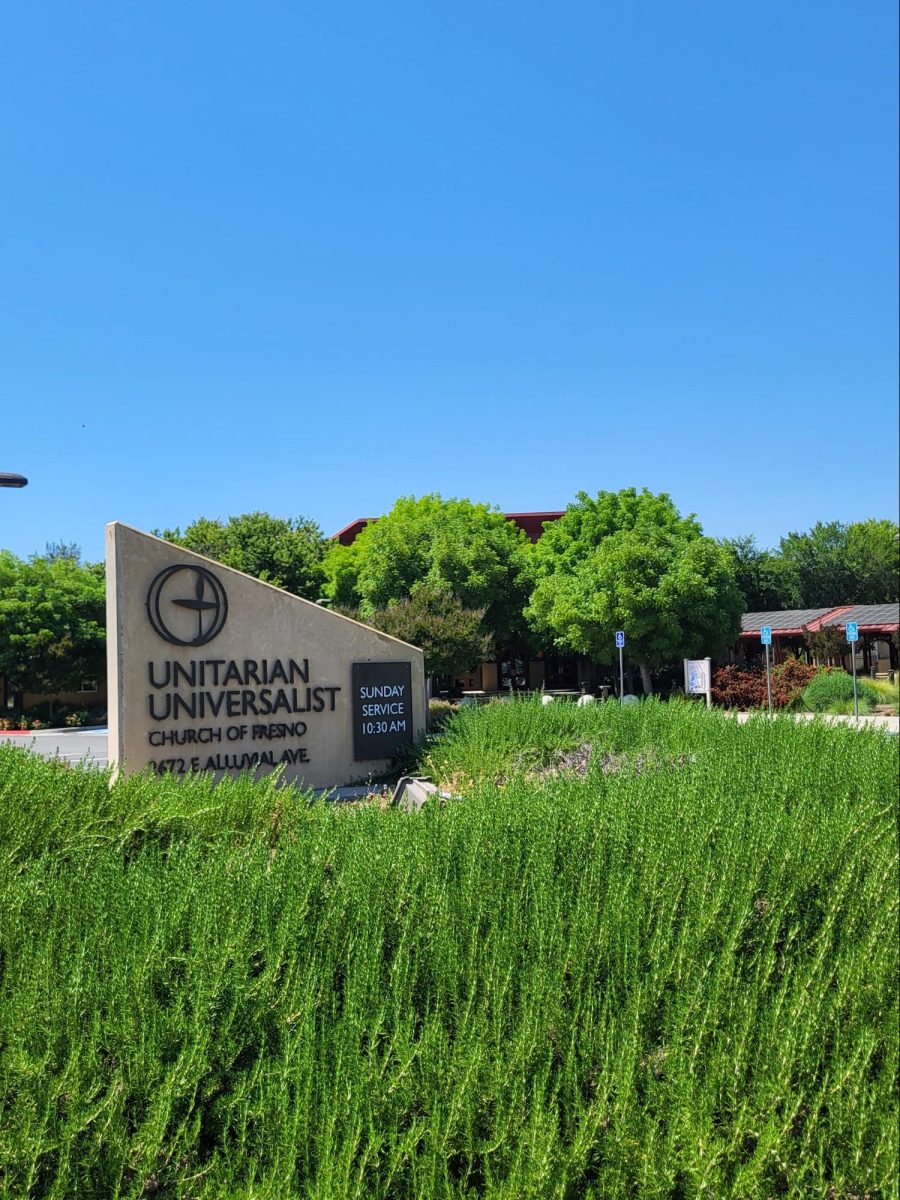In 1775, Benjamin Franklin proclaimed, “They that can give up essential liberty to obtain a little temporary safety, deserve neither liberty nor safety.”
Within the context of today’s atmosphere encrypted communications, homemade bombs created with industrialized goods, sustainable isolation and fermentable anti-American sentiment Franklin’s statement is not only irrelevant, the argument commonly stands as a regurgitated, thoughtless platitude for disgruntled citizens.
On April 13, Tamerlan and Dzhokhar Tsarnaev, allegedly planted pressure cooker bombs near the finish line of the Boston Marathon. According to the Boston Public Health Commission, the explosions resulted in the hospitalization of 282 people, dozens of amputations, three deaths, including Martin William Richard, an 8-year-old boy and produced an ominous sense of insecurity.
Tamerlan, the elder of the two alleged bombers was killed after his younger brother reportedly ran him over in his attempt to plow through officers in the process of arresting his sibling.
The underlying theme here is that these suspects showed no remorse and did everything in their power to undermine peace, liberty and the social order.
In a show of supreme authority, state and federal units in close pursuit of the remaining suspect combed Watertown, Mass. neighborhoods while blackhawk helicopters circled overhead.
Without the need for a warrant, officials searched every home and garage within the cordoned off zone. If residents failed to respond after police knocked on their door, they would demand entry using a bullhorn. If there was still no response, authorities breached entryways and proceeded to search residences. Amid this emergency, there were no exceptions.
The Fourth Amendment of the U.S. Constitution states, “The right of the people to be secure in their persons, houses, papers and effects, against unreasonable searches and seizures, shall not be violated…”
With the passage of the Bush era Patriot Act, authorities were granted unprecedented new powers to appropriately handle national security emergencies with the tools designed to ensure our collective safety. Among these emergency tools was the power to reinterpret certain components of the Constitution, including the Fourth Amendment.
In the aftermath of the heinous bombings, officials in pursuit of the suspects were unaware of whether or not they were armed and prepared to exact further acts of carnage.
For this reason, the government exercised emergency powers that were established shortly after the 9/11 attacks. With this specialized authority, in the interest of national security and public safety, unwarranted searches of personal property are deemed as “reasonable” in extreme cases.
For Americans who, through the comfort of their living rooms, observed this incredible show of force, this action was unsightly and deplorable. Many decried our government’s efforts to preserve our collective safety, citing the narrow foresight of Benjamin Franklin.
Compare these complaints of the free to those of the terrorized community of Watertown. In a moment of unity following the capture of the second suspect, scores of residents poured out into the streets in a universal show of support for the unrelenting efforts of the police to preserve their safety.
American citizens are entitled to the pursuit of life, liberty, happiness and property. Those seeking to instill widespread fear by exacting carnage unto the public are guilty of suppressing this individual right. One of the primary roles of our government is to preserve this right.
The federal preservation of the pursuit of life and liberty during national security emergencies is not an infringement of the individual’s right to exercise constitutional freedoms.
These temporary and seldom used measures of circumventing extremists who work to undermine these fundamental rights through unorthodox tactics is an affirmation of the vision and spirit of our republic.








